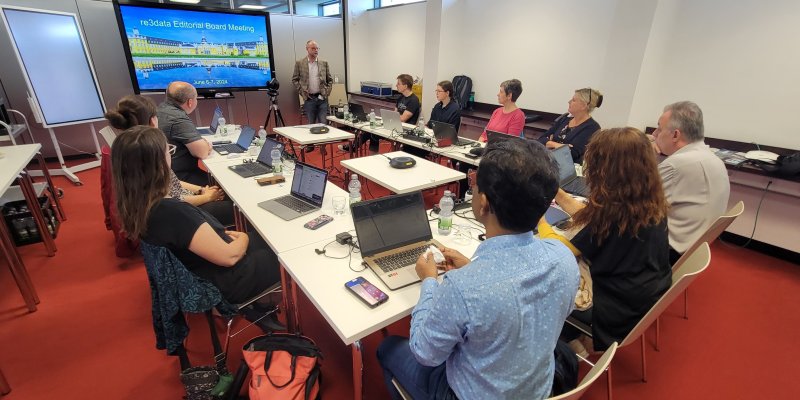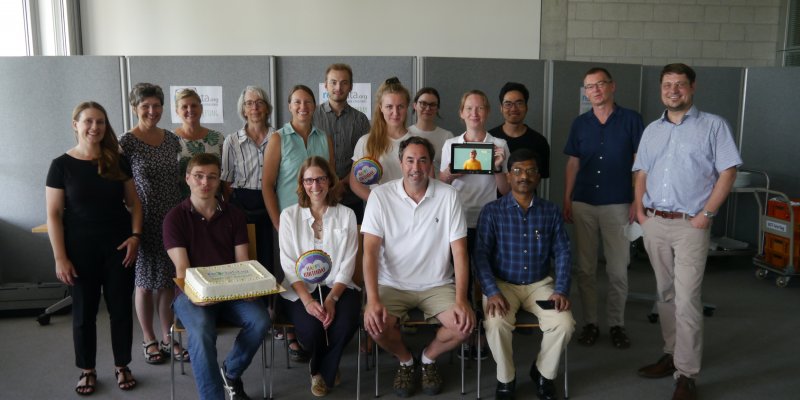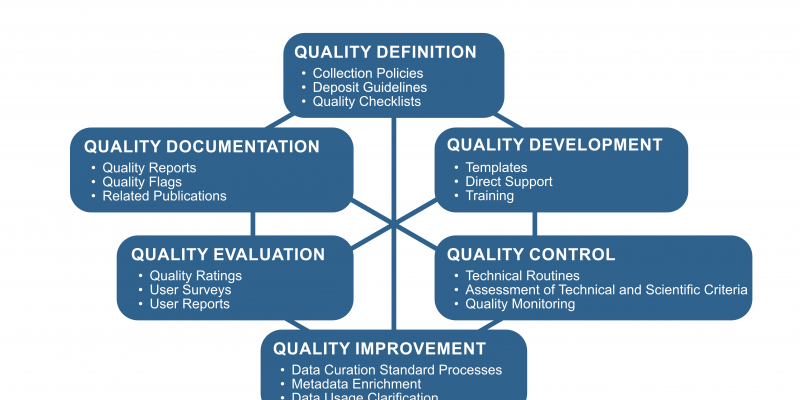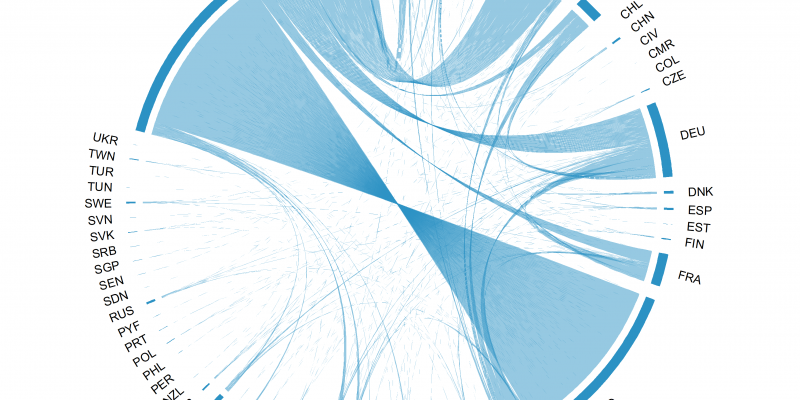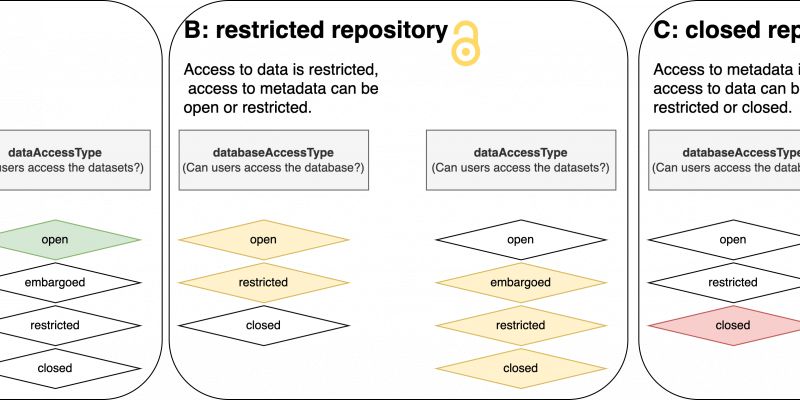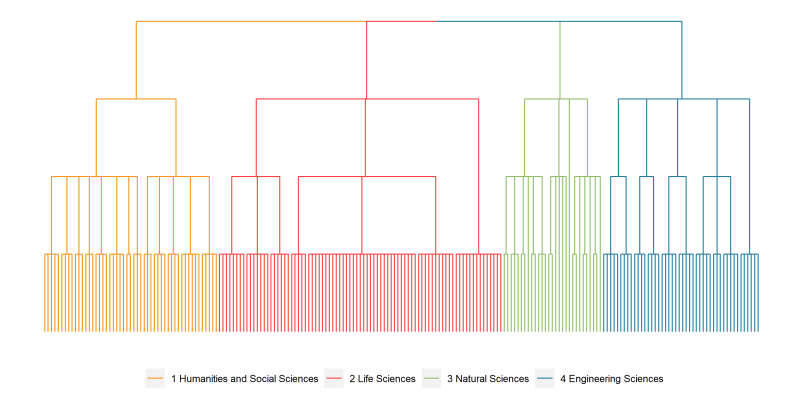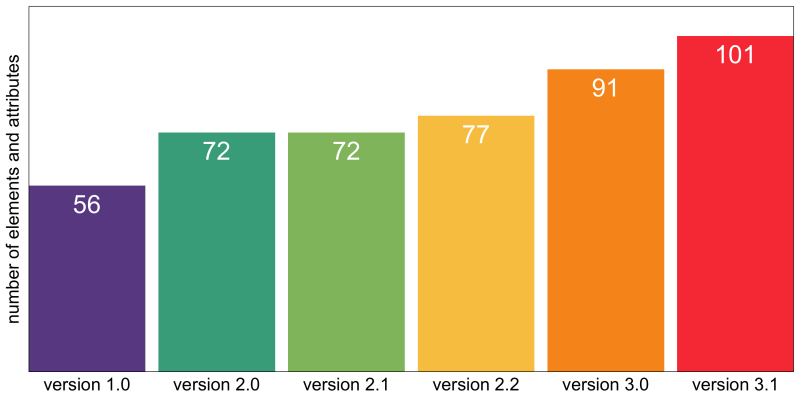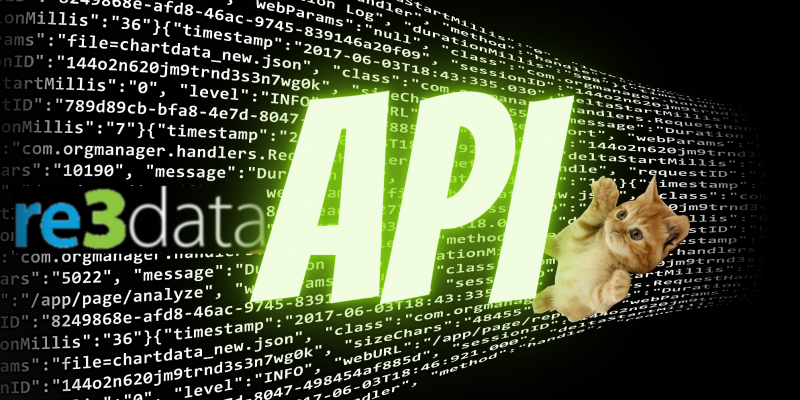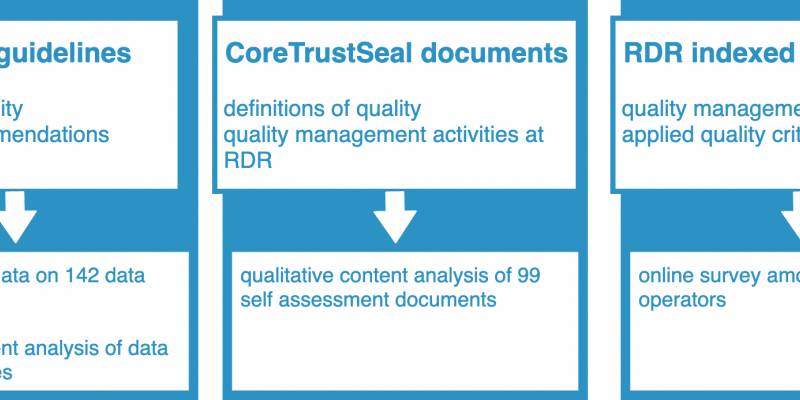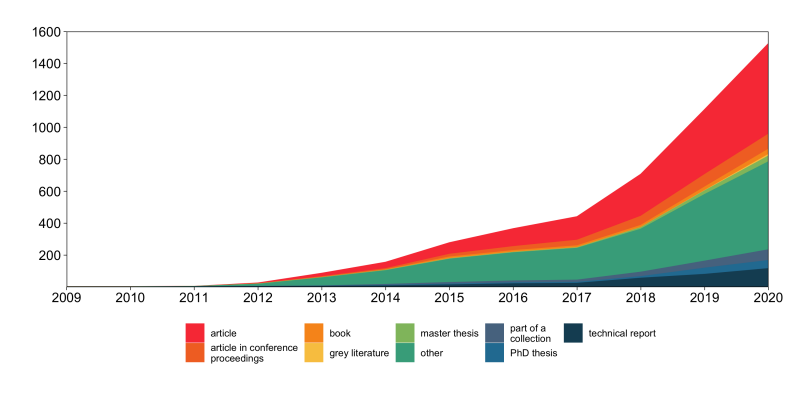re3data COREF Project Blog
Community Driven Open Reference for Research Data Repositories
Dr. Sandra Gisela Martín from the re3data Editorial Board delivered a featured lecture, “re3data: Global Registry of Research Data Repositories”, at the Second Meeting of Colombian Institutional Repository Managers and Open Science (II Encuentro de Gestores de Repositorios Institucionales de Colombi...
Summer Meeting of the Editorial Board
The re3data.org editorial board was able to get together in person over the summer, meeting for two days in June at the library of the Karlsruhe Institute of Technology (KIT). It was a great opportunity to on-board our new editors and to reconnect with colleag...
The re3data Editorial Board is pleased to welcome seven new members:
- Dalal Hakim Rahme, Coordinator of Content Curation, United Nations
- Rene Faustino Gabriel Junior, Professor, Universidade Federal do Rio Grando do Sul
- Sandra Gisela Martín, Library Director, Universidad Católica de Córdoba...
re3data Call for Editorial Board
The re3data.org registry has been in operation for over 10 years and provides a curated index of over 3,000 research data repositories around the world from all disciplines.
New repositories are identified and reviewed by an international editorial board who...
re3data caters to a range of needs for diverse stakeholders (Vierkant et al., 2021). Detailed and precise repository descriptions are at the heart of the majority of these use cases, and repository metadata are given special attention at the re3data registry.
Repository descriptions in re3data a...
Currently, re3data offers unrestricted access to comprehensive descriptions of more than 3100 research data repositories from all disciplines and all regions. The repository descriptions are based on the re3data Metadata Schema. More than 10 years of conceptual work have gone into this schema, which...
Collaboration has always been a central principle for re3data. This is reflected in the fact that research communities, repository providers, and other relevant stakeholders contribute significantly to the completeness and accuracy of the re3data metadata as well as its further technical and concept...
The objective of the workshop was to approach the pervasive, yet elusive topic of data quality management from several angles. To ensure a common frame of reference for the workshop, contributions were guided by the Framework for Quality Assurance of Data Publications at Research Data Repositories...
In this post, the authors celebrate the 10th anniversary of re3data, sharing insights about the history, the service itself, and how it has developed over the last decade. The post was published simultaneously on the DataCite Blog.
The re3data registry went online in 2012 and is celebrating a de...
Data quality assurance is a fundamental issue for repositories that seek to ensure trust in their services. This workshop focused on measures research data repositories undertake to ensure data quality. The objective of this workshop was to raise awareness and make the various activities repositorie...
International collaboration has become very common in the production of scientific knowledge (Coccia and Wang, 2016; Monastersky & Van Noorden, 2019) and contributes substantially to the research output of several countries (Adams, 2013). Moreover, international collaboration can also support the op...
Openness may sound self-evident, but in fact it can mean different things, even within the Open Science community (Pasquetto, Sands & Borgman, 2015). To align understanding and to ensure common goals in the transition to Open Science, clear definitions are needed. The Open Knowledge Foundation defin...
When looking for a suitable repository, the discipline(s) a repository caters to is one of the most important pieces of information. The re3data Metadata Schema reflects this priority by requiring the element subject for all indexed repositories. However, describing the disciplinary focus of resea...
To keep track of where you are going, you need to check your compass from time to time. For this purpose, the re3data COREF project undertook a series of workshops in 2020 and have now come up with a new Conceptual Model for User Stories for the Registry of Research Data Repositories – re3data. We a...
Detailed descriptions of research data repositories are at the core of re3data. They increase a repository's visibility by enabling re3data users to find a suitable service for storing their data.
Repository descriptions are based on the re3data Metadata Schema, which covers various aspects of re...
re3data offers detailed descriptions of more than 2600 repositories. These descriptions are based on the re3data Metadata Schema and can be accessed via the re3data API.
There are many conceivable use cases for re3data metadata. We set up a GitHub repository where we provide some examples fo...
Data quality as a research topic in re3data COREF
Among other activities, re3data COREF is conducting multi-method empirical research into data quality and data quality assurance practices at data repositories.
Based on qualitative content analysis of data journal guidelines and CoreTrustSeal se...
The German version of this article has been published on the DINI AG-FIS and AG-E-Pub blog.
As a global directory, re3data describes research data repositories from all scientific disciplines. It lists repositories that enable researchers, funding organizations, publishers and scientific insti...
UPDATE: The revised version 3.1 of the re3data Metadata Schema was published in August 2021 and can be accessed via the re3data website.
re3data currently describes more than 2600 research data repositories from all disciplines based on the re3data Metadata Schema. The current version 3.0 of t...
Follow us on Twitter!

